Do you know that eating a lot of vegetables during pregnancy helps to reduce the risk of low birth weight and preeclampsia?

During pregnancy, the best foods to eat are meals that are high in iron, protein, folic acid, calcium, vitamin D, and iodine. These foods play important roles in helping your baby grow and develop properly and also reduce the risk of birth defects.
In this post, you’d find various foods and fruits that are healthy for you and your baby during pregnancy.
1. Sweet Potatoes
Sweet potatoes are rich in beta carotene, a plant compound that is converted to vitamin A in the body. Vitamin A helps your baby develop properly, especially in the first trimester when organ formation occurs.
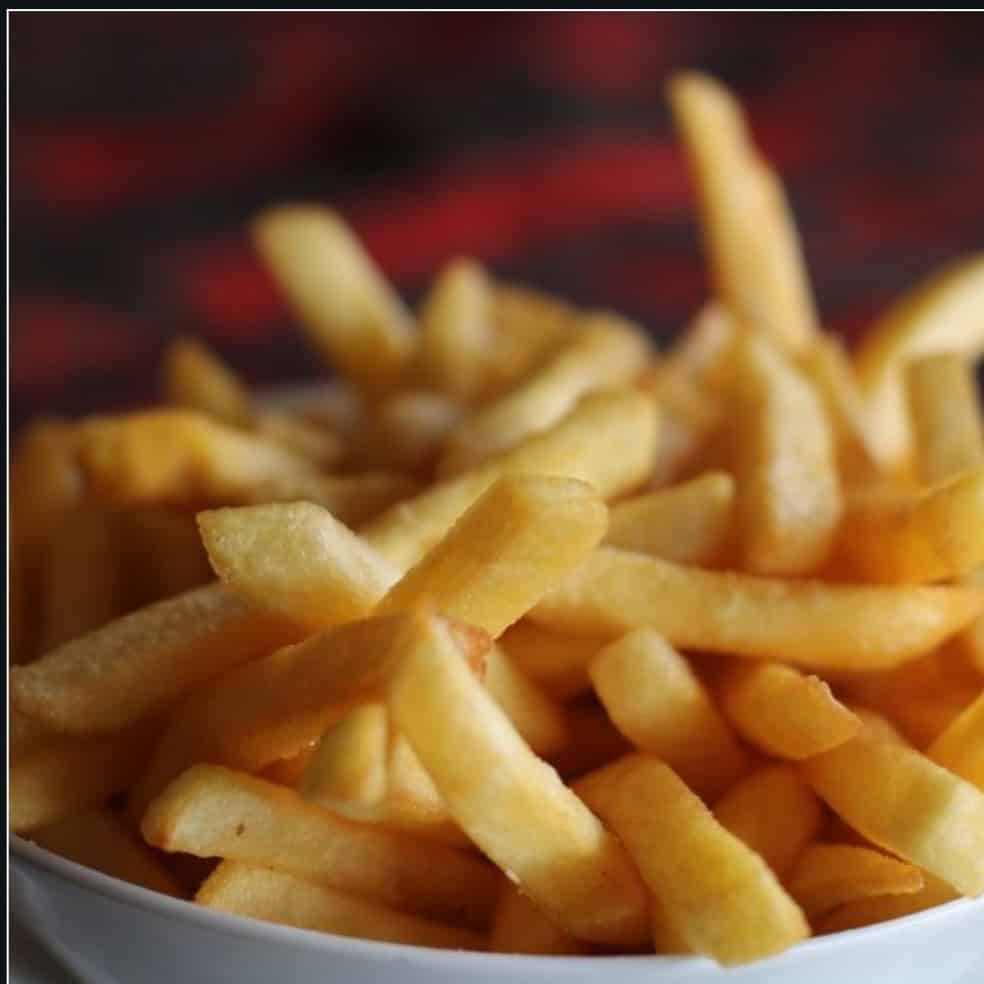
However, you need to tread with caution as excess intake of vitamin A increases the risk of birth defects.
2. Eggs
Eggs constitute a valuable part of your diet as they contain almost every nutrient you need while pregnant. They are a great source of calories, protein, fat, vitamins, and minerals.
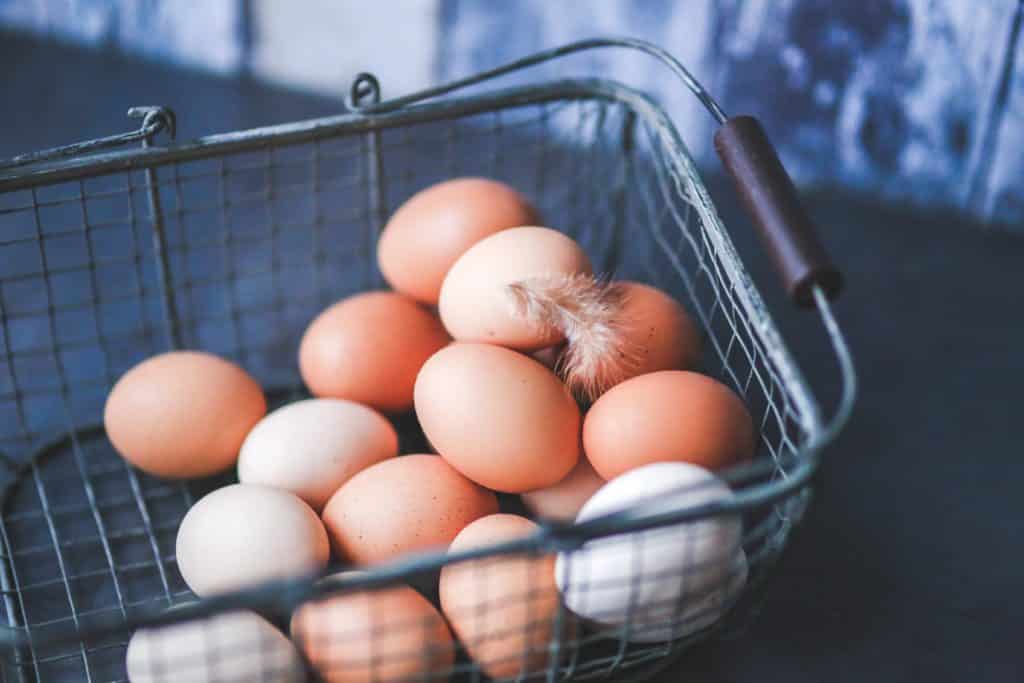
Eggs also contain choline, an important nutrient during pregnancy that helps the baby’s brain to develop normally and prevent abnormalities of the brain and spinal cord. A single whole egg provides you with about 147mg of choline out of the 450mg recommended daily dose during pregnancy.
Eggs are also rich in vitamin D which helps calcium to build strong bones and teeth for your baby. In addition, it keeps the immune system active and fighting, reducing the risk for gestational diabetes, preeclampsia, and low birth weight.
3. Dairy products
Dairy products include milk, yogurt, and cheese. They are rich sources of calcium and protein which help your growing baby develop strong bones while maintaining your nerve and muscle functions.
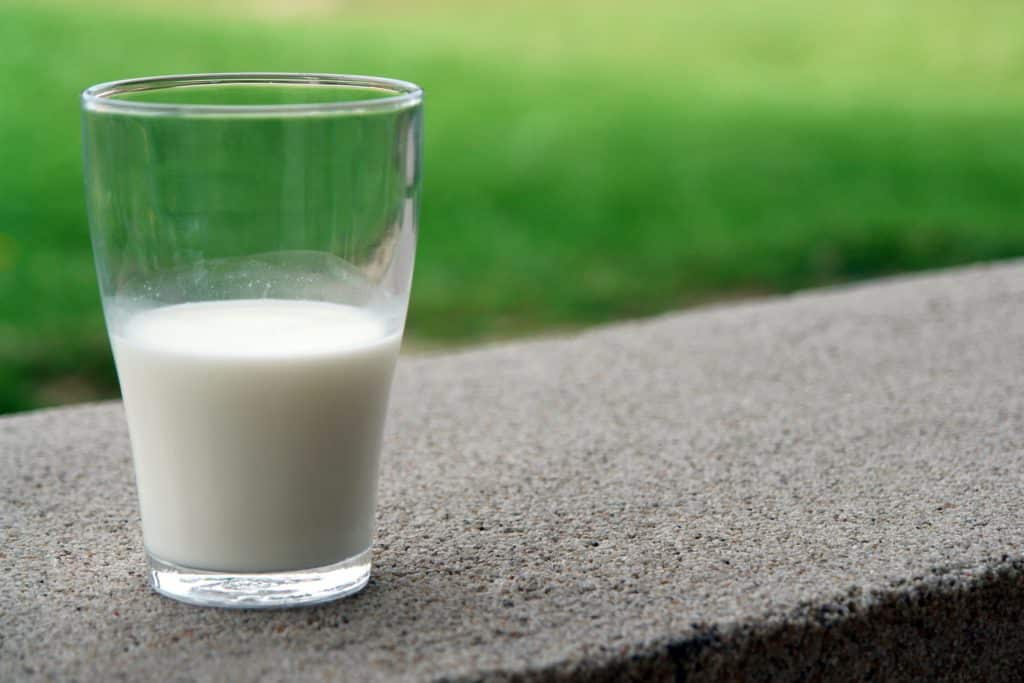
Asides from calcium and protein, dairy also provides a high amount of magnesium, zinc, phosphorus, and vitamin B. Yoghurt contains some probiotic bacteria which support the digestive system by preventing stomach upset and yeast infections.
4. Legumes
They are plant-based sources of protein, iron, folate, and fiber. Folate is one of the most essential B vitamins (B9) and it is very important in the first trimester of pregnancy.
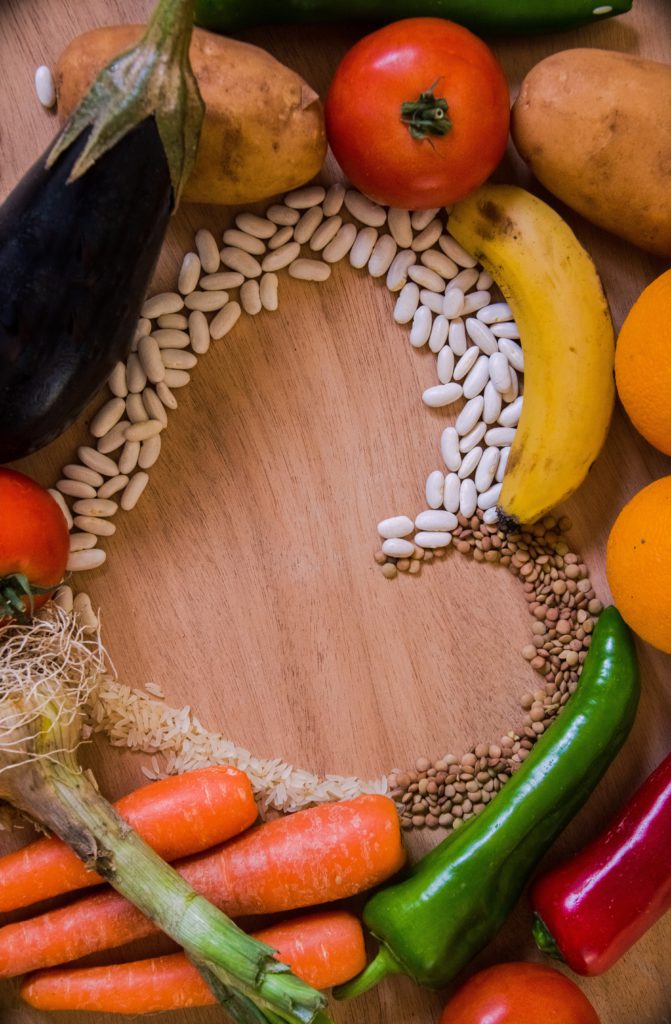
Legumes, through folate, help in your baby’s brain development by preventing any form of birth defect. In fact, every pregnant woman needs to consume at least 600 micrograms (mcg) daily.
5. Whole grains
Whole grains are rich sources of fiber and vitamins. They include oats, wheat, barley, white rice, brown rice, etc. Oats would leave you satisfied for long and also relieve constipation while pregnant.
6. Vegetables
Green leafy vegetables provide the body with great nutritional benefits including fiber, vitamin K, vitamin C, calcium, folate, and potassium. They also prevent constipation due to the high fiber content.
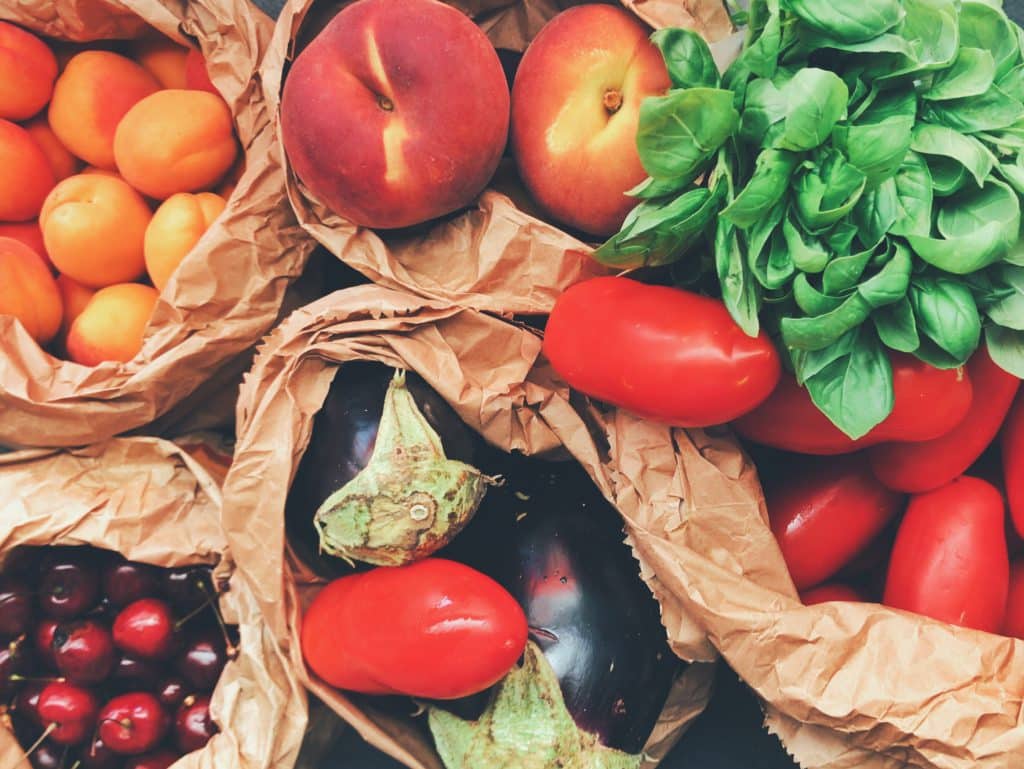
Carrots serve as a rich source of beta carotene which is converted to vitamin A in the body. Vitamin A is essential for developing your baby’s eyes, skin, and organs. Red peppers are also excellent sources of vitamin A and C and fiber. It would interest you to note that eating a vegetable-rich diet has been found to reduce the risk of preeclampsia.
7. Meat
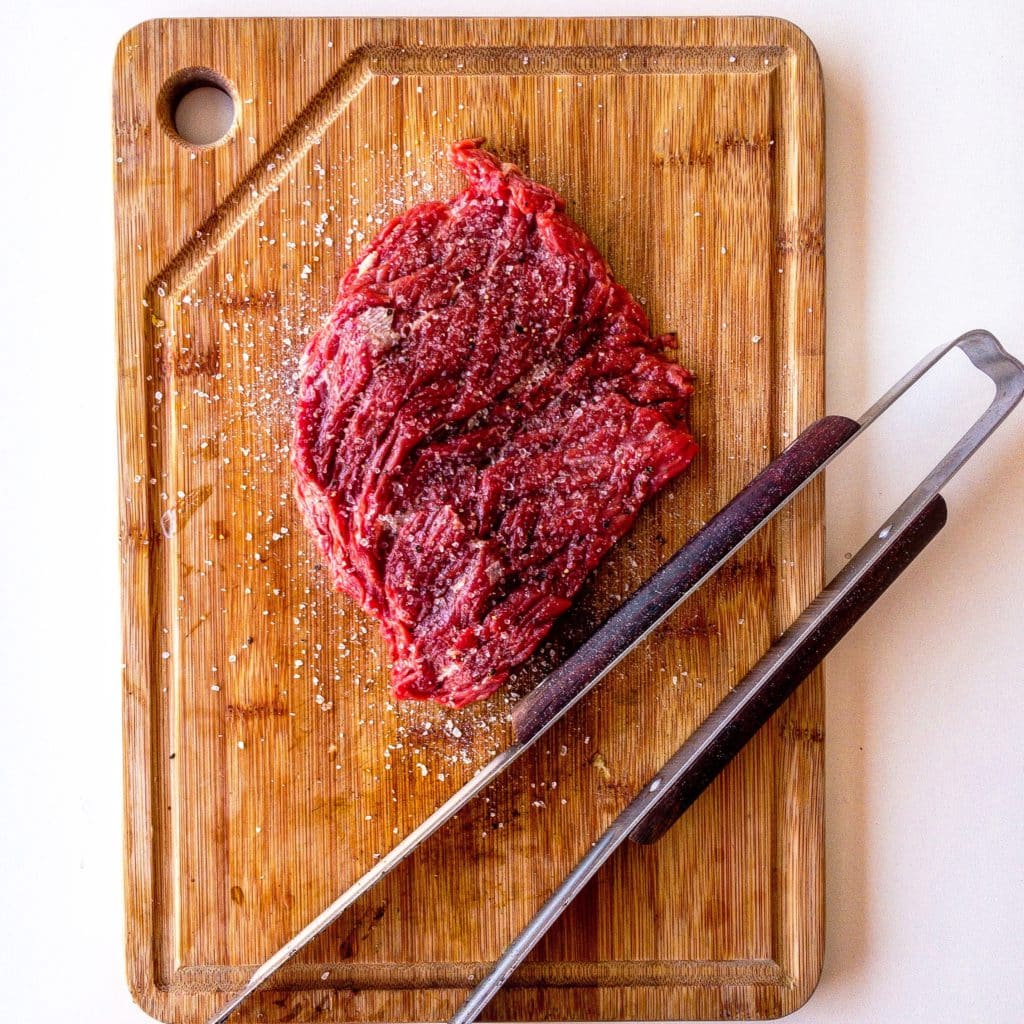
Lean chicken, beef, pork are great sources of protein. The amino acids in protein are the building block for every cell in your body and that of your baby’s. Lean meats (meats that are low in fat such as chicken and turkey) are rich in iron which is vital to the development of red blood cell supply and also prevents your body from developing anemia.
Furthermore, Iron plays an important part in the development of your baby’s brain. Low levels of iron during pregnancy results in iron deficiency anemia which increases the risk of low birth weight.
You Can Also Try These Fruits During Pregnancy:
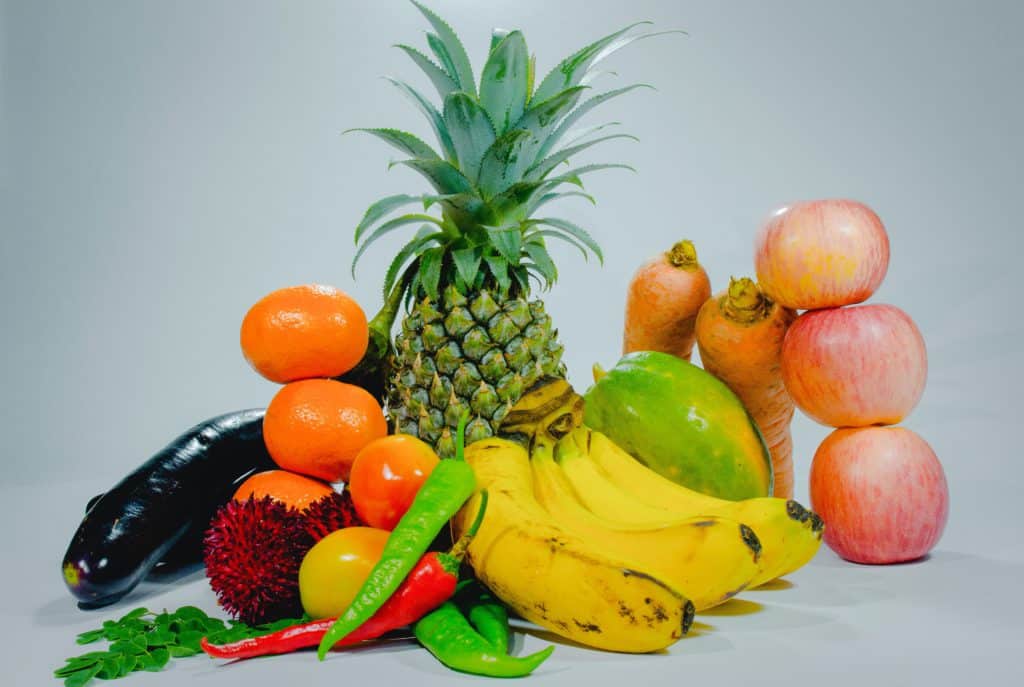
During pregnancy, the role of fruits can never be overemphasized. These fruits provide vitamins and minerals, potassium, fiber, and other nutrients that are essential for a safe and healthy pregnancy.
As usual, we’re here to help you out with a number of them:
- Apples
Apples contain a large amount of fiber which helps regulate digestion. This juicy and delicious fruit also prevents hemorrhoids in pregnant women.
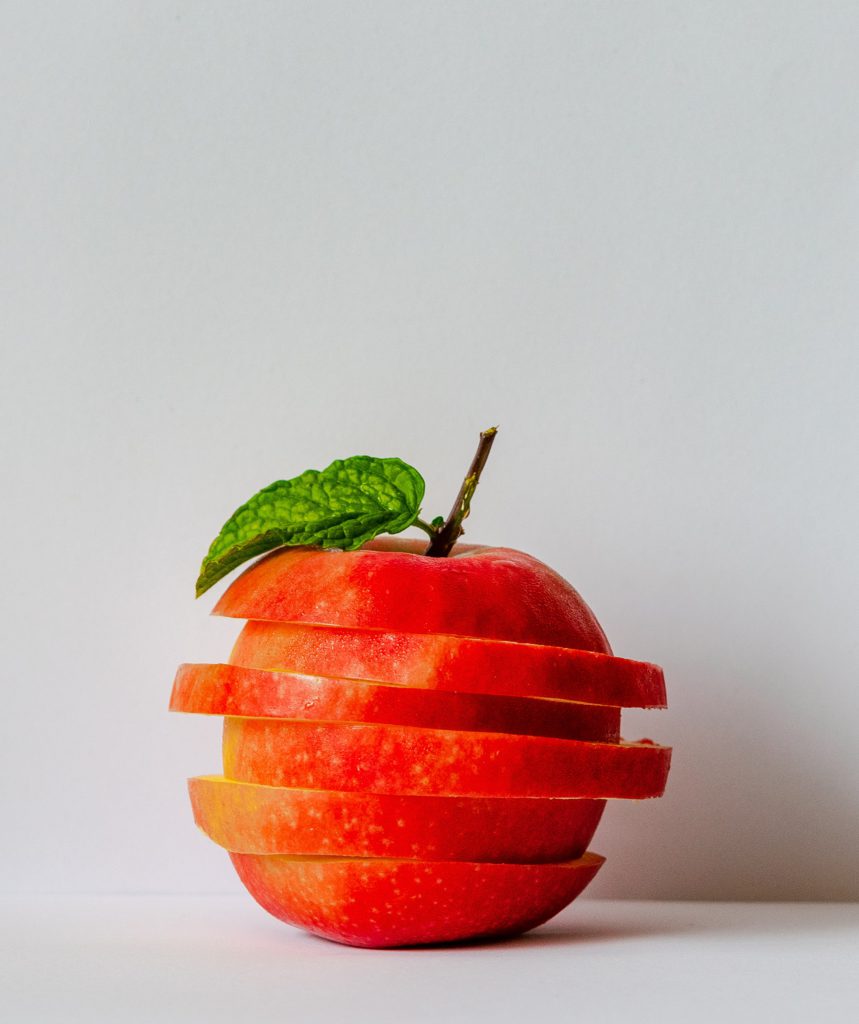
- Watermelon
Watermelon contains vitamins A, B6, and C which are needed during pregnancy. In addition, it contains potassium which helps to relieve cramps, and magnesium which relaxes your muscles and prevents early contraction during pregnancy. As an addendum, it prevents dehydration and reduces the symptoms of morning sickness.
- Avocados
Avocados contain a lot of fatty acids that help the body absorb many vitamins found in fruits and vegetables. These fats help your developing baby build healthy skin, brain, and tissues. They’re also rich in fiber, vitamins B (especially folate and B6), C, K and E, potassium, and copper.
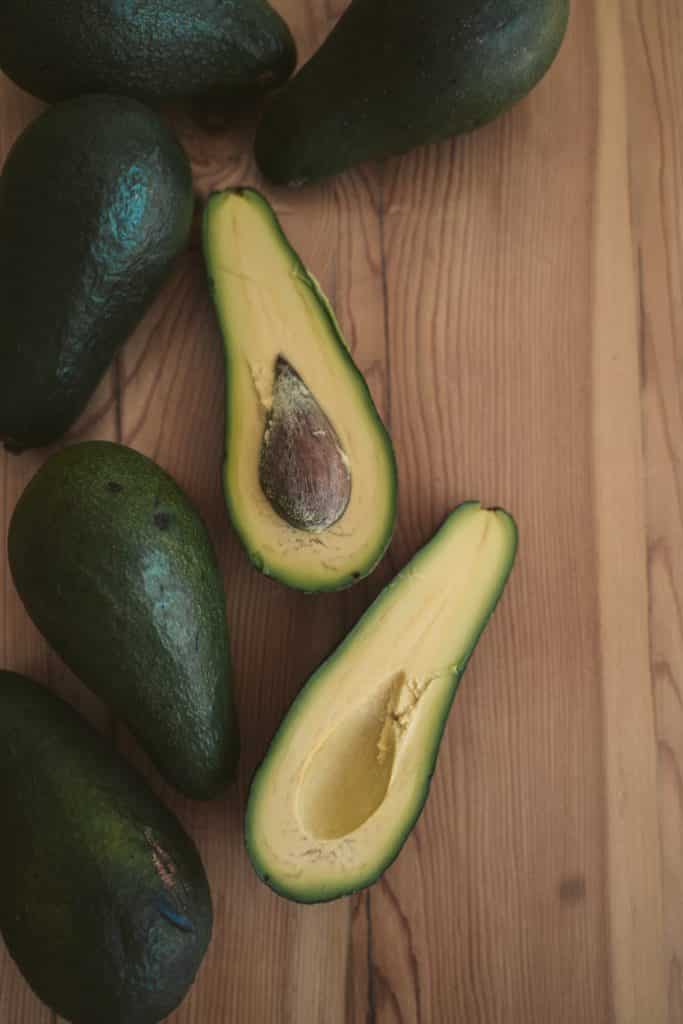
Potassium helps relieve leg cramps which are common in some women during pregnancy. Folate and vitamin B6 helps to promote healthy tissue and brain growth for your baby and help to ease morning sickness.
- Citrus
These are fruits that are rich in Vitamin C such as oranges, tangerines, and lemons. They help your developing baby’s bones grow properly while providing fiber which aids digestion.
- Bananas
Bananas are rich in potassium; a mineral that maintains healthy blood pressure and prevents leg cramping in the later stage of pregnancy by regulating body fluid and blood pressure.
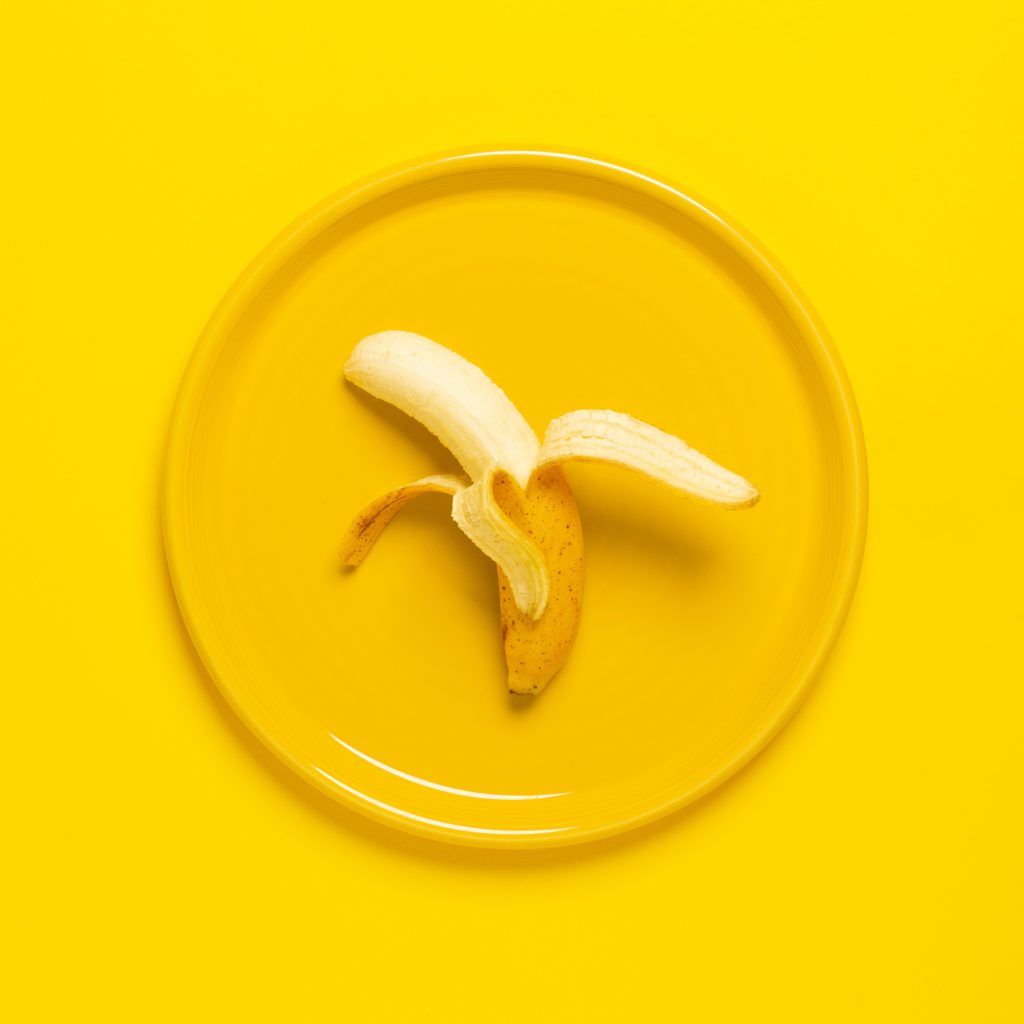
Finally,
As you enjoy the nutrients and strength your diet gives you, make sure you maintain proper hygiene. This is important, especially during the preparation and serving of every meal, including the fruits. In fact, you have to wash all fruits thoroughly before eating.
Also, staying hydrated by taking a lot of water helps to prevent constipation.
References
- Symington, E.A., Baumgartner, J., Malan, L., Zandberg, L., Ricci, C., and Smuts, C. M. (2018). Nutrition during pregnancy and early development (NuPED) in urban South Africa: a study protocol for a prospective cohort. BMC Pregnancy Childbirth. Accessed on 7th December, 2020 from https://doi.org/10.1186/s12884-018-1943-6
- H. Danielewicz, H., Myszczyszyn, G., Dębińska, A., Myszkal, A., Boznański, A., and Hirnle, L. (2017). Diet in pregnancy—more than food. European Journal of Pediatrics. Accessed on 7th December 2020 from https://doi.10.1007/s00431-017-3026-5
- Murphy M, Stettler N, Smith K, Reiss R (2014). Associations of consumption of fruits and vegetables during pregnancy with infant birth weight or small for gestational age births: a systematic review of the literature. International Journal of Women’s Health. Accessed on 7th December, 2020 from https://doi.org/10.2147/IJWH.S67130
- Sun Eun Lee, Sameera Talegawkar, Mario Merialdi and Laura E Caulfield (2011). What Are African Women Eating During Pregnancy? Federation of American Societies for Experimental Biology. Accessed on 7th December, 2020 from https://doi.org/10.1096/fasebj.25.1_supplement.592.3

